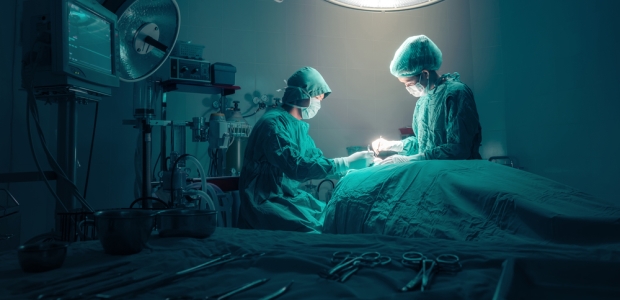
WHO Issues Guidelines for Preventing Surgical Site Infections
The guidelines include 13 recommendations for the period before surgery and 16 for preventing infections during and after surgery.
The World Health Organization on Nov. 3 released new guidelines for preventing surgical site infections, saying that people who are preparing for surgery always should have a bath or shower but not be shaved, and antibiotics should be used only to prevent infections before and during surgery, not afterward.
The guidelines are intended to save lives, cut costs, and halt the spread of "superbugs." The "Global Guidelines for the Prevention of Surgical Site Infection" include 29 recommendations from 20 of the world's leading experts who reviewed the latest evidence, and those recommendations have been published in "The Lancet Infectious Diseases," WHO announced.
"No one should get sick while seeking or receiving care," said Dr. Marie-Paule Kieny, WHO's assistant director-general for Health Systems and Innovation. "Preventing surgical infections has never been more important, but it is complex and requires a range of preventive measures. These guidelines are an invaluable tool for protecting patients."
Surgical site infections are caused by bacteria via incisions made during surgery. They threaten the lives of millions of patients each year and contribute to the spread of antibiotic resistance, according to WHO, which reported that, in low- and middle-income countries, 11 percent of patients who undergo surgery are infected in the process, with up to 20 percent of women in Africa who have a caesarean section contracting a wound infection. And in the United States, these infections contribute to patients spending more than 400,000 extra days in hospitals at a cost of an additional $900 million per year, the agency reported.
The guidelines include 13 recommendations for the period before surgery and 16 for preventing infections during and after surgery. "They range from simple precautions such as ensuring that patients bathe or shower before surgery and the best way for surgical teams to clean their hands, to guidance on when to use antibiotics to prevent infections, what disinfectants to use before incision, and which sutures to use," the agency reported.
"Sooner or later many of us will need surgery, but none of us wants to pick up an infection on the operating table," said Dr. Ed Kelley, director of WHO's Department of Service Delivery and Safety. "By applying these new guidelines surgical teams can reduce harm, improve quality of life, and do their bit to stop the spread of antibiotic resistance. We also recommend that patients preparing for surgery ask their surgeon whether they are following WHO's advice."